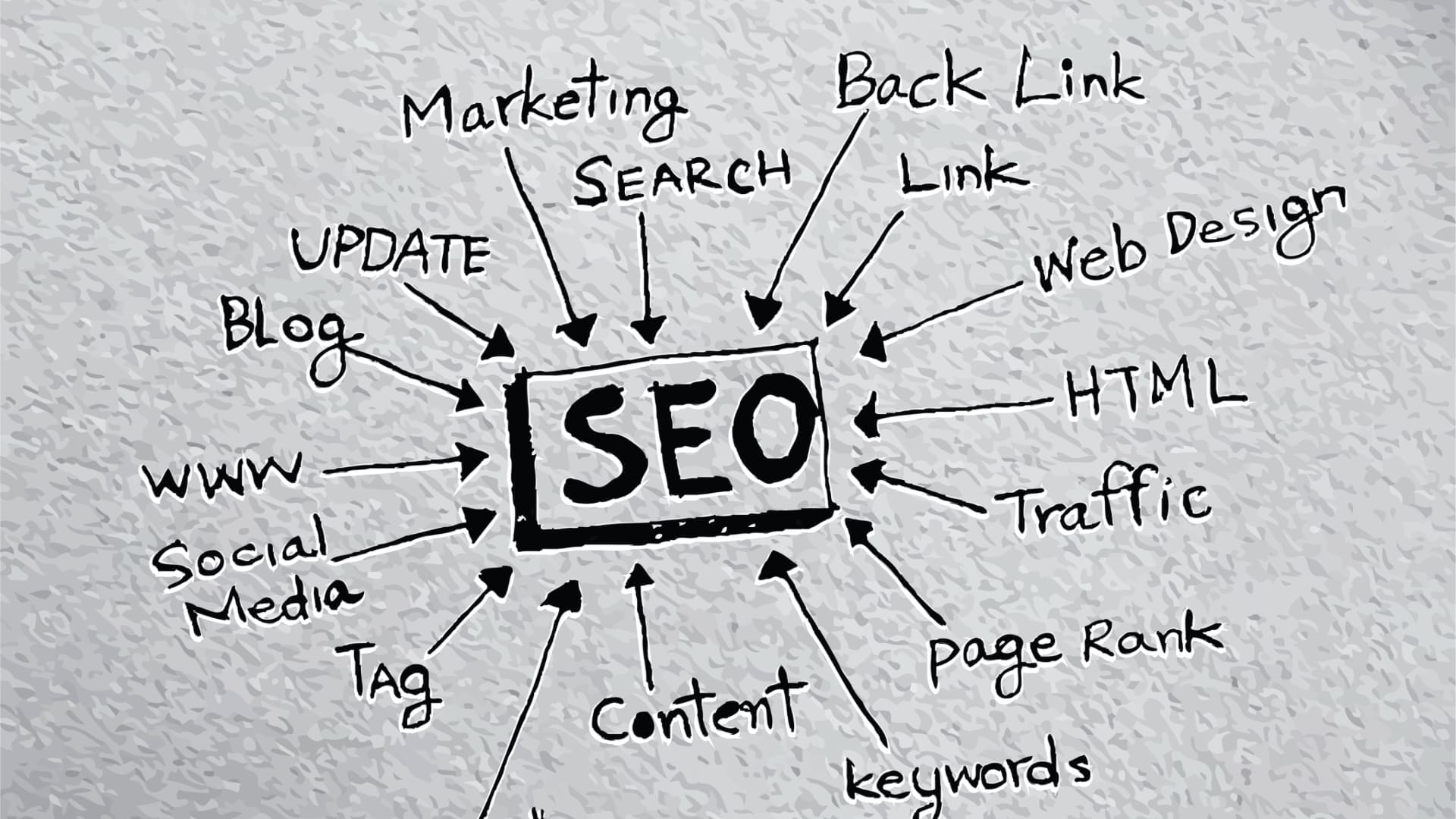SEO (Search Engine Optimization) is the bread and butter of digital marketing. It gets your website noticed, brings in traffic, and ultimately boosts your business.
But here’s the kicker: You can have too much of a good thing.
And that’s where SEO over-optimization comes into play.
Picture this: You’ve stuffed your content with keywords, jam-packed your site with links, and even optimized every URL to the nth degree. You think you’re doing everything right, but instead of skyrocketing up Google’s rankings, you might be digging yourself into a hole. SEO over-optimization isn’t just a myth; it’s a real issue that can sabotage all your hard work. It’s like adding too much salt to a dish – a little enhances the flavor, but too much ruins the meal.
So, how do you know if you’re overdoing it?
In this article, we’ll walk you through the key signs of SEO over-optimization and show you how to balance your strategies. Trust us, a well-rounded approach will serve you far better than going overboard.
Ready to find out if you’ve been guilty of over-optimization?
Let’s dive in and get your SEO back on track.

What is SEO Over-Optimization?
You might be wondering, “Isn’t more SEO always better?”
The answer is a resounding no.
Over-optimization happens when you go too far with your SEO efforts—cramming in keywords, overloading your site with links, and tweaking every tiny detail to the point of absurdity.
Think of it like seasoning a dish. A pinch of salt can elevate flavors, but dump in the whole shaker, and you’ve got a disaster on your hands.
SEO works the same way. When you overdo it, search engines like Google start to see your efforts as manipulative rather than helpful, and that’s when your rankings can take a nosedive.
Why is this a problem?
Over-optimization doesn’t just annoy search engines; it also frustrates your audience. Nobody wants to read keyword-stuffed content or navigate a labyrinth of unnecessary links. It’s terrible for user experience, and ultimately, it’s bad for business.
In a nutshell, SEO over-optimization is like trying too hard at a party. Instead of being the charming guest everyone loves, you end up being that annoying guy that nobody can stand.
So, how do you know if you’re guilty of over-optimization? Stick around, and we’ll break down all the telltale signs!

Signs You Might Be Over-Optimizing
Alright, let’s get to the nitty-gritty. How can you tell if you’ve crossed the line from optimization to over-optimization?
Here are some clear-cut signs that your SEO efforts might be doing more harm than good.
Keyword Stuffing
If your content reads like a string of keywords rather than a coherent piece of writing, you’ve got a problem.
Keyword stuffing is when you cram as many keywords into your content as possible, thinking it’ll boost your rankings.
Reality check: It won’t. Google’s algorithms are smart enough to spot this tactic from a mile away. They don’t look kindly on it.
Irrelevant Keywords
Do your keywords actually relate to the content of your page?
If you’re tossing in unrelated keywords just to attract more traffic, you’re not optimizing—you’re misleading. This might get people to your site, but it won’t keep them there and certainly won’t convert them into customers.
Multiple Pages for One Query
Trying to rank multiple pages for the same search term might seem like a good strategy, but it’s not. This confuses search engines and dilutes your authority.
Instead of spreading yourself too thin, focus on creating one solid, high-quality page per query. If new information comes out about the topic at hand, update your existing page instead of creating a new one!
Over-Optimized URLs
Are your URLs turning into novels?
If every URL on your site is stuffed with keywords and hyphens, you’re over-optimizing. URLs should be clean and straightforward.
When people are looking for information, they’re not looking at Buzzfeed articles. They’re looking for honest, valuable answers to their questions. Overloading them with keywords makes them look spammy and can hurt your user experience.
Link Overload
Links are excellent, but too many can be a bad thing.
Overloading your content with internal and external links can distract readers and make your content look unnatural.
Aim for quality over quantity—link to relevant, authoritative sources and keep it natural.
Recognizing these signs is the first step to getting your SEO back on track. Next, we’ll dive into the consequences of over-optimization and why it’s crucial to avoid these pitfalls.

The Consequences of Over-Optimization
Let’s cut to the chase—over-optimization can wreck your SEO efforts. You might think you’re doing everything right, but here’s the harsh truth: too much SEO can backfire- big time.
Let’s break down the main consequences.
Google Penalties
Google doesn’t mess around when it comes to over-optimization. Their algorithms are designed to catch those who try to game the system.
If you’re keyword stuffing or building unnatural links, expect a swift penalty. That means your site could drop in rankings or, worse, be removed from search results altogether. Not exactly what you were aiming for, right?
User Experience Takes a Hit
When you focus too much on SEO tricks and not enough on quality content, your readers notice.
No one wants to wade through a sea of keywords or navigate an overloaded site. A bad user experience means higher bounce rates and lower engagement. People will leave your site faster than you can say “SEO!”
Loss of Credibility
Over-optimized content looks spammy, and spammy content erodes trust.
When users see keyword-stuffed pages or irrelevant backlinks, they question your credibility. And let’s be honest: Trust is hard to earn and easy to lose.
Wasted Resources
All that effort you put into over-optimizing? It’s going down the drain.
Time and resources spent on lousy SEO practices could be better used to create high-quality content and build genuine relationships.
The Bottom Line: Over-optimization isn’t just a minor misstep; it’s a full-on disaster waiting to happen. But don’t worry; next up, we’ll dive into how to avoid these pitfalls and get your SEO strategy back on track.

How to Avoid Over-Optimization
Now that you know the dangers of over-optimization, let’s talk about how to steer clear of these pitfalls. Here’s what you need to do to keep your SEO strategy solid and effective.
Focus on Quality Content
Here’s the deal: content is king.
You’ve heard it a million times because it’s true. High-quality, valuable content will always win over keyword-stuffed nonsense. Write for your audience first and search engines second. Your goal should be to inform, engage, and inspire your readers—not just rank for keywords.
If your content provides real value, the rankings will follow.
Use Keywords Strategically
Keywords are important, but they’re not everything.
Remember to think of your keywords as seasoning—just enough to enhance the flavor but not so much that they overwhelm the dish. Place them naturally within your content, where they fit contextually.
Tools like Google Keyword Planner can help you find the right keywords and see how often they’re searched. Use them smartly, not excessively!
Optimize User Experience
User experience is paramount.
If your site is hard to navigate, slow to load, or cluttered with too many elements, visitors will bounce faster than you can say “back button.”
Ensure your website is clean, straightforward, and easy to use. This includes optimizing for mobile—if your site doesn’t work on a phone, you’re losing out big time!
Build Natural Backlinks
Backlinks are the backbone of SEO, but they need to be earned, not bought.
Focus on creating shareable, high-quality content that others will want to link to. Network within your industry, guest post on reputable sites, and build relationships with influencers. Natural, relevant backlinks are worth their weight in gold.
Maintain Balance with On-Page Elements
Meta descriptions, alt text, titles—these are all important but don’t obsess over them. Make sure they’re accurate and helpful, but avoid stuffing them with keywords unnecessarily.
Your primary focus should always be on creating a great user experience!
By following these guidelines, you’ll strike the right balance with your SEO efforts. Remember, it’s about quality over quantity. Authentic, valuable content paired with a user-friendly site will consistently outperform over-optimized nonsense. Stay true to your brand, and the results will speak for themselves.

Ready to Revamp Your SEO?
In today’s competitive digital landscape, striking the right balance with your SEO strategy is crucial. Over-optimization can derail your efforts, but with a focus on quality content, strategic keyword use, excellent user experience, and natural backlinks, you can avoid these pitfalls.
Remember, it’s not just about ranking high; it’s about providing real value to your audience and building trust.
If you’re feeling overwhelmed or need expert guidance, Fusion Marketing is here to help. Our team of SEO specialists can assist you in crafting an effective and balanced SEO strategy that drives results.
Don’t let over-optimization sabotage your success—reach out to Fusion Marketing today and take the first step towards a robust online presence!




